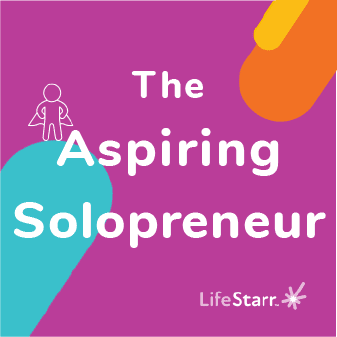Every salesperson encounters objections. These moments can be challenging, but they also present opportunities to address concerns, build trust, and ultimately close the deal. By mastering the art of overcoming objections, you can turn a “no” into a “yes” and strengthen your client Relationships in the process. In this blog, we’ll explore effective strategies for handling objections and incorporating NeuroSelling techniques to enhance your approach.
Objections are expressions of concern or doubt from your clients. They can range from price issues and product features to timing and trust. Understanding the root cause of these objections is crucial for addressing them effectively.
NeuroSelling leverages neuroscience principles to enhance your sales approach. By understanding how the brain works, you can tailor your strategies to better address objections and connect with clients. Here are some NeuroSelling techniques to incorporate:
Handling objections effectively is a critical skill for any successful salesperson. By incorporating NeuroSelling techniques, you can address your clients’ concerns with empathy and precision, turning objections into opportunities for closing deals.
Ready to master the art of overcoming objections and boost your sales success? Visit BraintrustGrowth.com to learn more about our NeuroSelling programs and how we can help you turn a “no” into a “yes.”
The post Overcoming Objections: Turning Sales ‘No’ into ‘Yes appeared first on Braintrust Growth.
I come from a large Italian family. I’m number seven in the line of ten kids!
When my dad passed away some years ago, I was fortunate enough to be there as the end was coming. I was standing just to the right of his hospital bed; he was lying there with his eyes closed. All of a sudden, Dad opens his eyes. He looks up at the ceiling with a look of peace – and maybe accomplishment – on his face. Then he closes his eyes for the last time. I guess out of instinct, I reached down and kissed him on that prickly cheek one last time. My dad left a legacy in that life well lived! A legacy based on three main principles: Family, Service, and Dedication. I do what I do to carry on that legacy to the best of my ability.
















































BabyBoomer.org is an online membership community created by and for the Baby Boomer Generation. Boomers, and those who service and support them, are welcome to join our community accessing all general topics.
Notifications
